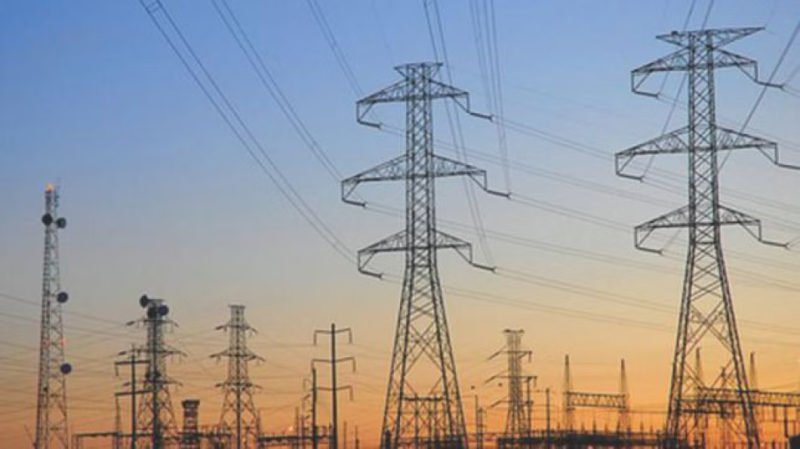- CA Yunus pays homage to Liberation War martyrs on Victory Day |
- Bangladesh capital market extends losing streak for second day |
- Bangladesh celebrates Victory Day Tuesday |
- 'Different govts presented history based on their own ideologies': JU VC |
Govt Plans 18,000MW Power Output to Manage Summer Load

The government plans to produce 18,000 megawatts (MW) of electricity during peak summer demand to keep load shedding at a tolerable level, said Power and Energy Adviser Fouzul Kabir Khan on Saturday.
Speaking at a seminar titled "Energy Crisis: Way Forward," organised by the Forum for Energy Reporters Bangladesh (FERB) at Bidyut Bhaban in Dhaka, he said, "There will be power outages, but they will remain within a tolerable range, with no difference between urban and rural areas."
Currently, the country produces around 16,000MW. The additional demand will be met through coal and LNG imports, he added.
Kabir said that when the interim government took office, the power sector was in a critical state. "We have already cleared most of the overdue and late payments to companies," he said, noting that outstanding dues had been reduced from US$3.2 billion to US$600 million, and are expected to be cleared entirely by June.
To manage this, allocations for unnecessary projects were cut, he added. Delayed payments had also led to increased power production costs, he said.
Regarding gas exploration, Kabir said the government is focusing only on initiatives that can be completed within its current tenure. On electricity pricing, he mentioned ongoing negotiations with coal-fired plants, with the Matarbari plant's Tk 8.44 per kilowatt-hour (kWh) rate being used as a benchmark.
Efforts to reduce system loss will become visible by next June, he noted. Addressing the recent gas price hike for new industries, Kabir said the rates were set based on marginal costs.
In his keynote presentation, energy expert Ijaz Hossain said Bangladesh's energy crisis began in 2019 when domestic gas production declined and reliance on oil grew, leading to a heavier subsidy burden.
"Gas reserves were depleting, but exploration efforts were neglected in favour of LNG imports," he said, adding that local gas production fell from 2,786 million cubic feet per day (mmcfd) in 2019 to 1,800 mmcfd now. He suggested future governments explore at least 10 wells annually to maintain production around 2,000 mmcfd.
Hossain also warned that Bangladesh would need to import 2,600 mmcfd of LNG after 2030 and build two new floating storage and regasification units (FSRUs).
Meanwhile, Dr Shamsul Alam, energy adviser to the Consumers' Association of Bangladesh, noted that Bangladesh is transitioning into an LNG-importing nation, with domestic gas’s share expected to fall from 75% to 25% by 2030.
Dr Golam Moazzem, research director at the Centre for Policy Dialogue, urged the formulation of a new energy policy with a clear transition plan. He warned that long-term LNG import agreements with Qatar and the United States could impact Bangladesh’s renewable energy ambitions.

